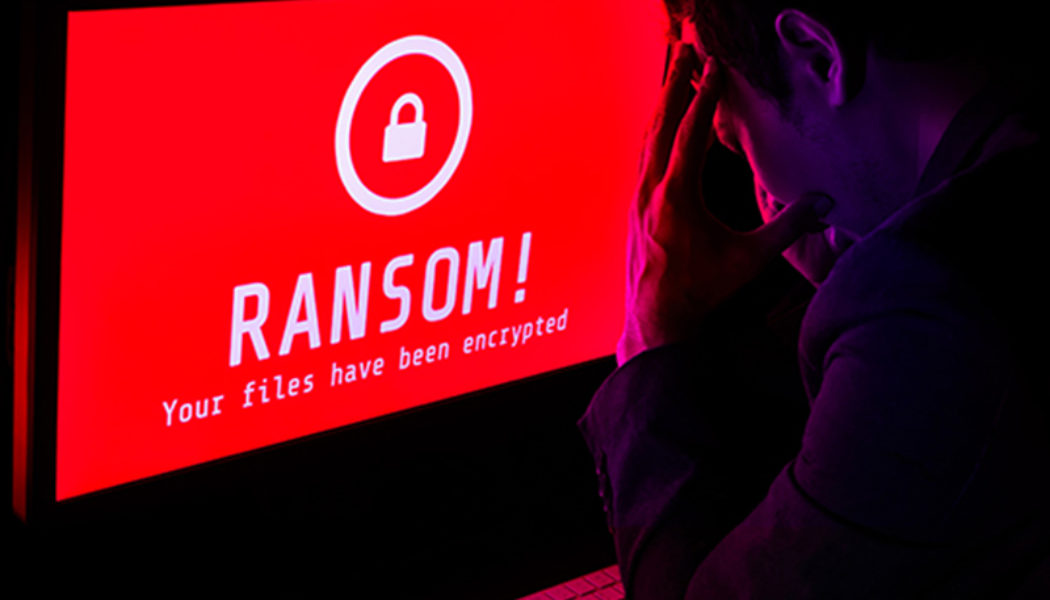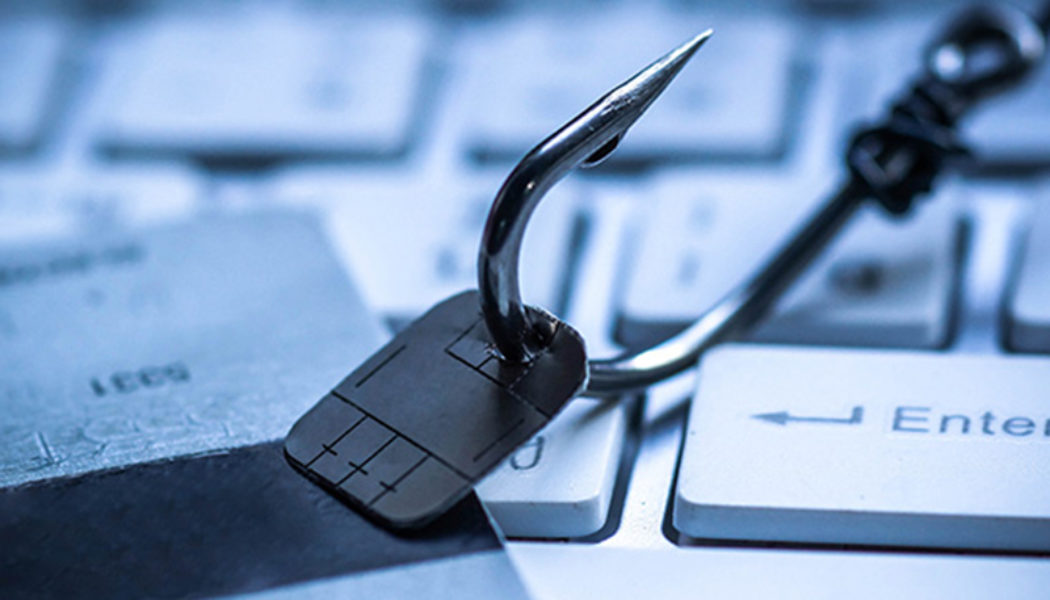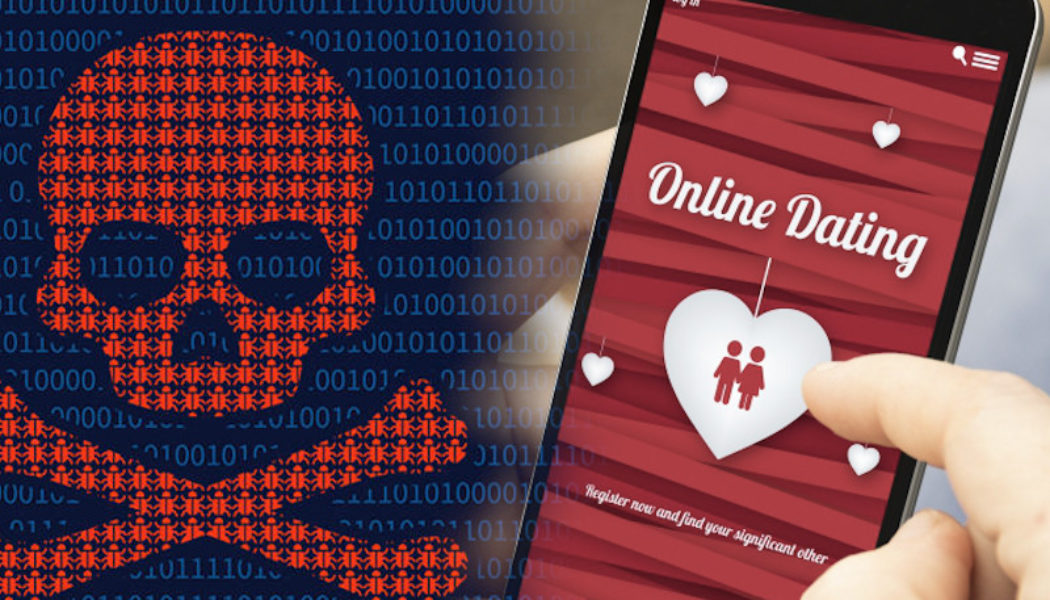malware
ITC Secure and Cassava Technologies Announce Security Partnership
Image by Darwin Laganzon, Pixabay. ITC Secure (ITC), a leading advisory-led cyber security services company and a Microsoft Gold cyber security partner, and Cassava Technologies (CassavaTechnologies.com), the pan-African technology leader, announced today that they have entered into a Joint Venture (JV) to build and launch an extensive portfolio of cyber security services, powered by Microsoft Azure cloud technologies in Africa. Hardy Pemhiwa, the CEO of Cassava Technologies said: “Digital transformation in Africa is accelerating the adoption of cloud services which is creating an urgent need to better protect users and business-critical data. Cassava Technologies footprint covering more than 15 countries in Africa, we are well-positioned to meet the growing needs of businesses and individ...
The Mobile Malware Scourge Hits SA, Kenya & Nigeria
Internet security provider Kaspersky has blocked more than 206,000 mobile malware attacks across the Middle East, Turkey, and Africa (META) region in just 6-months measured, between January to June 2021. Out of these attacks, a combined 30,000 originated from Nigeria (14,071), Kenya (10,697), and South Africa (5,499), respectively. Significantly, for the African countries monitored, Nigeria only trails Egypt (19,466) by the number of attacks blocked, pointing to how prevalent mobile threats have become in this highly connected country. In fact, Kaspersky’s latest research shows that when looking at the top ten countries by share of users attacked by mobile malware Nigeria places eighth (at 11.76%). Even though Kenya and South Africa might not feature as prominently, the mobile malware thre...
1 in 4 People Use Fitness Devices – Is Your Tracking Data Secure from Hackers?
Image sourced from Reuters. A recent study by the virtual private network provider NordVPN revealed that 1 in 4 (24.6%) people use some kind of fitness or well-being device, such as a smartwatch, fitness tracker, etc. However, these devices may be tracking a lot more than your fitness activities, and 25% do nothing to protect them, which may pose a serious risk to people’s privacy. Among the data collected by fitness wearables and the mobile apps connected to them, there are basic activities such as steps, heart rate, the time you go to sleep or wake up, as well as your consumed calories, weight, or even running routes, which are all of great interest to stalkers or attackers. For example, Clario research has revealed that Strava collects 41.18% of users’ personal data, and MyFitnessPal — ...
Malware Attacks in Africa Reach 85-Million in 6 Months – Kaspersky
Image sourced from Sectigo. According to research performed by cybersecurity firm Kaspersky, malware is rife across Africa with various countries exhibiting strong growth in all malware types in the first half of 2021 when compared to the same period last year. This is a 5% increase in the region, as cybercriminals and hackers continue to focus on African countries considering digital transformation advancements and the increase in remote working resulting from the COVID-19 pandemic. Overall, 4 countries account for 85 million attacks, with South Africa being the most targeted (32-million attacks), followed by Kenya (28.3-million), Nigeria (16.7-million) and Ethiopia (8-million). All countries but Kenya saw the relative growth of all malware attacks. Ethiopia and Nigeria have seen an incre...
Recent Increases in Cyberattacks Could Be Due to Leaked Cyber “Superweapons”
Sourced from Forbes Check Point Research (CPR), the Threat Intelligence arm of Check Point Software Technologies Ltd., a leading provider of cybersecurity solutions globally, warns of a further increase in cyberattacks and thinks it could be partly down to major powers leaking, what they refer to as, ‘cyber superweapons’. “We have long warned that organisations of all sizes are being bombarded by a global fifth generation of cyber threats (Gen V). These are multi-vector cyber threats that can cause fatal damage and irreparable harm to the reputation of the compromised company,” said Pankaj Bhula, Regional Spokesperson at Check Point Software. “However, most companies are only secured against what we call third-generation threats (Gen III), which are threats that we’ve known about since the...



















